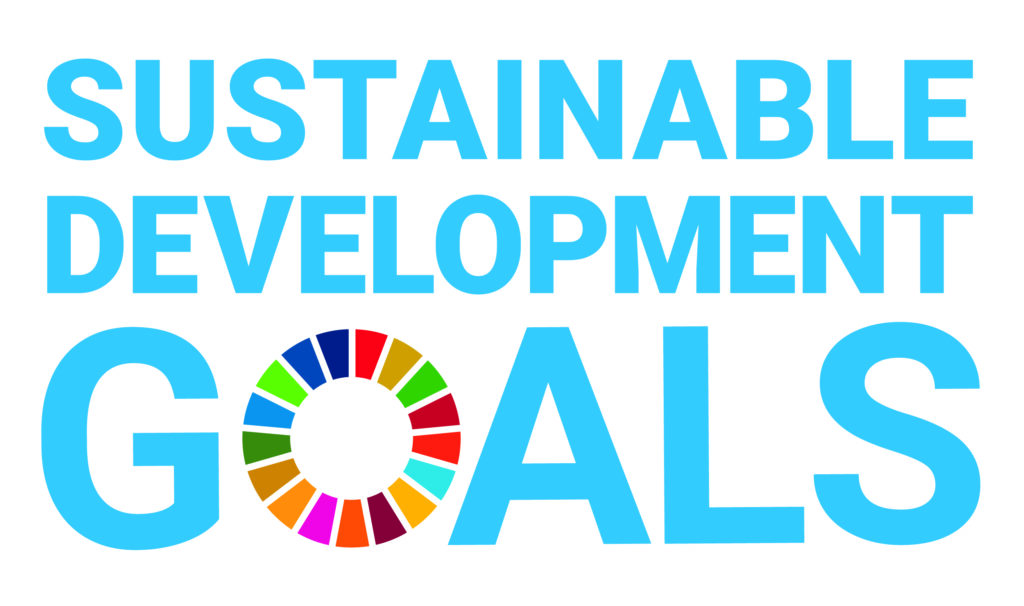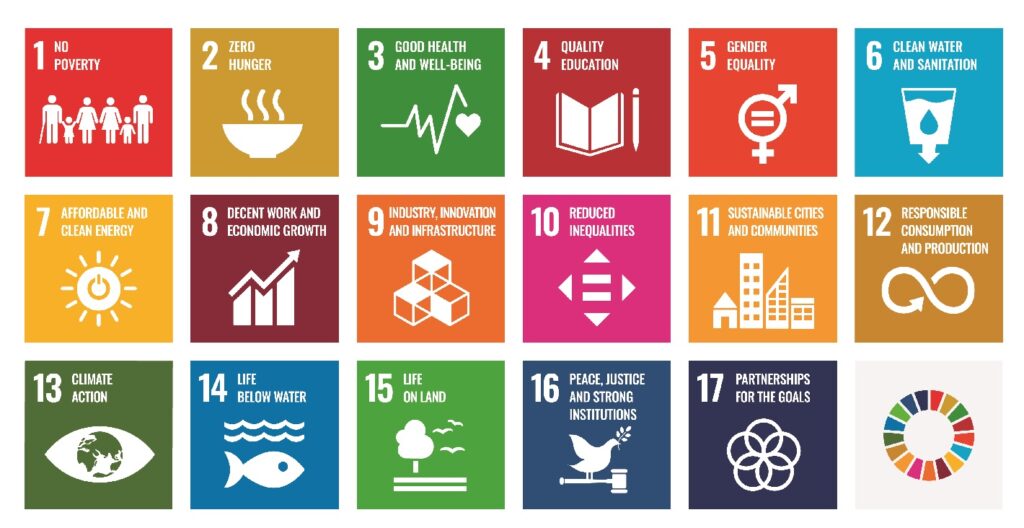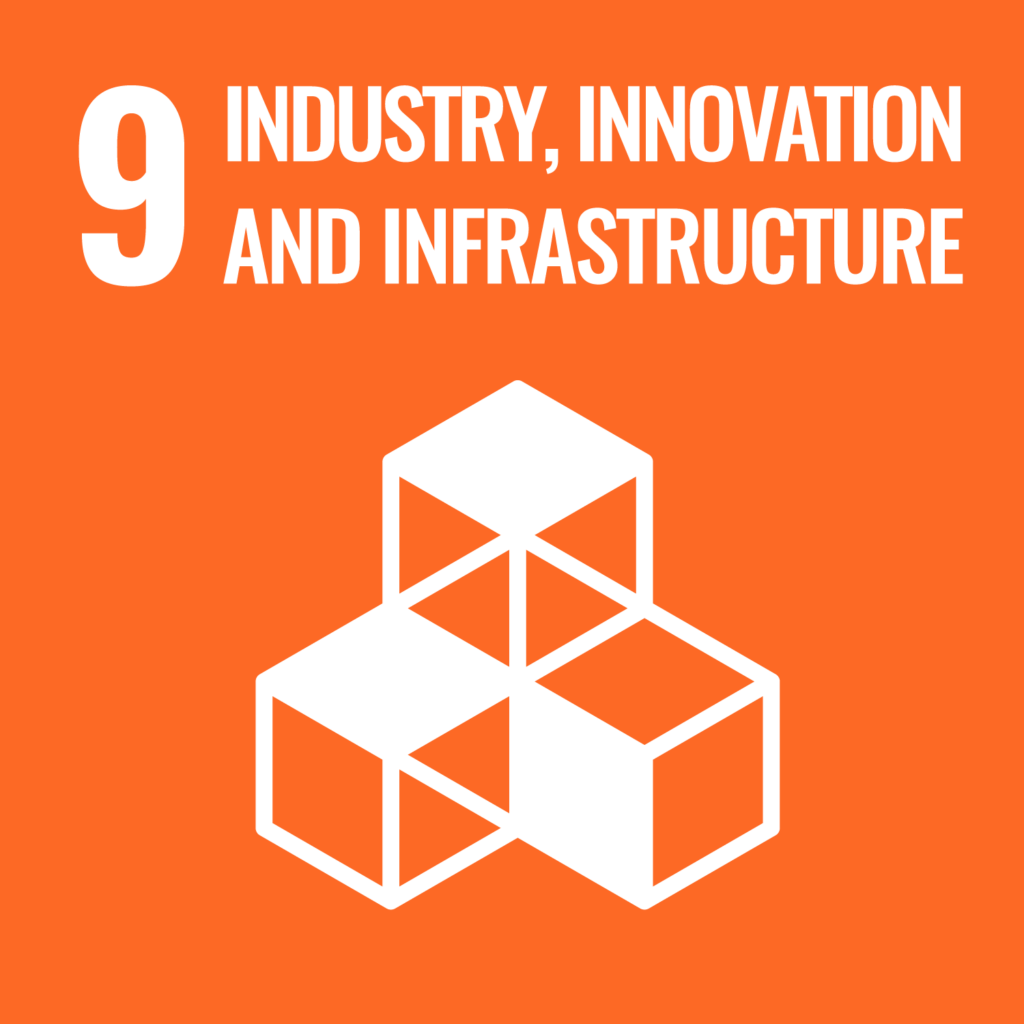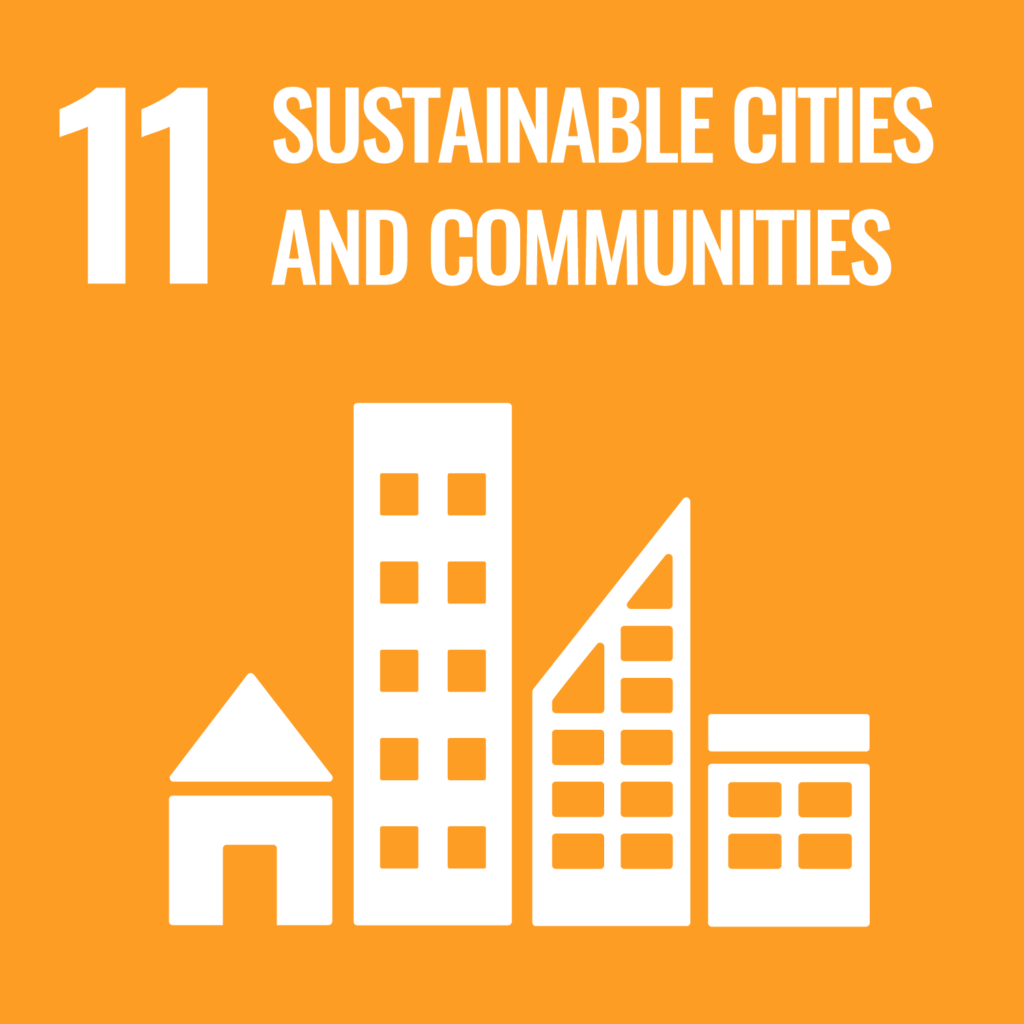On 25 September 2015, the United Nations approved the Global Agenda for Sustainable Development and the related 17 Sustainable Development Goals (SDGs) to be achieved by 2030.
The implementation of the Agenda requires a strong involvement of all components of society, from businesses to the public sector, from civil society to philanthropic institutions, from universities to research centers to information and culture operators.


Mission of the Trevi Group: We design and manufacture cutting-edge equipment, technologies and services to carry out solid and safe ground and underground works for major infrastructures that enhance people’s quality of life.
In relation to the Group’s mission, the most relevant objectives (SDGs) for the Trevi Group in terms of potential contribution to sustainable development have been identified.






The Trevi Group has followed the indications of the United Nations and has chosen to make its contribution by committing itself to the 5 global pillars defined as follows: People, Planet, Peace, Prosperity and Collaboration.

While awaiting the definition of the new 2025–2027 Sustainability Plan, which will take into account the sustainability goals prompted by the CSRD directive, the Trevi Group has identified several ESG objectives.
These objectives, aligned with the SDG goals, may contribute to the implementation of the consolidated Industrial Plan and concern the Group’s main service areas, the markets in which it operates, and its relationships with stakeholders.
- In the area of reducing environmental impact, the goal includes adopting decarbonization strategies, improving energy efficiency, and optimizing production processes.
- Protecting health and safety represents another key area of action, with initiatives aimed at promoting safe working environments and reducing operational risk.
- Regarding supply chain management, the Group is committed to integrating sustainability criteria into supplier selection and management processes, with the aim of ensuring high environmental and social standards throughout the value chain.
- At the same time, technological innovation and process digitalization are strategic elements for the evolution of the business model, with particular focus on developing solutions that enhance sustainability management and information transparency.
 English
English
 Italiano
Italiano